Using Entertainment to Teach English to Kids in Japan
If you are a parent in Japan who wants your child to grow up with a global understanding and the ability to converse in English, even if it is not her first language, there are some great programs to help you on your quest. One of these is an entertainment and self-learning method called Disney World English, or DWE.
In early December I trekked to Machida with my two daughters, ages four and six, and my five-year-old niece to see DWE’s Froggy and Bunny Show. There were about 40 to 50 families in attendance, mostly Japanese, with kids ranging in age from one to four years old.
The 50-minute program was hosted by two native English speakers, Lyle and Paula, who danced, sang and kept things moving with their bubbly enthusiasm and constant interaction with participants. The two hosts were accompanied by the main characters of the show, Froggy and Bunny (who did not speak). The storyline was very simple, but the hosts kept the show upbeat and lively, distributing froggy hand puppets, asking children to stand, sing, dance and run in a circle.
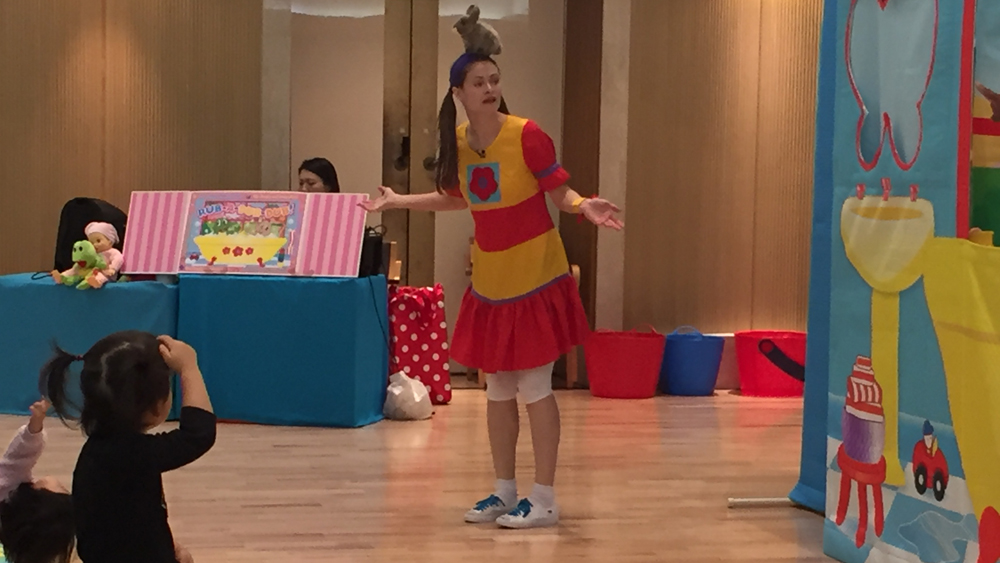
At certain points in the show my four-year-old became restless, but with perfect timing Lyle or Paula would switch to a new activity, and my daughter would become swept away with the excitement of a new dance or song.
After the show, Paula explained, “My goal when I perform is to connect with the kids and make sure they’re having a fun experience with English.” She seemed to be succeeding, as all the kids were actively joining in and having a great time.
Throughout the shows, the hosts would introduce and repeat the key vocabulary that children learn at home with their DWE materials. In our show the words we heard were “duck,” “bath,” and “cup.”
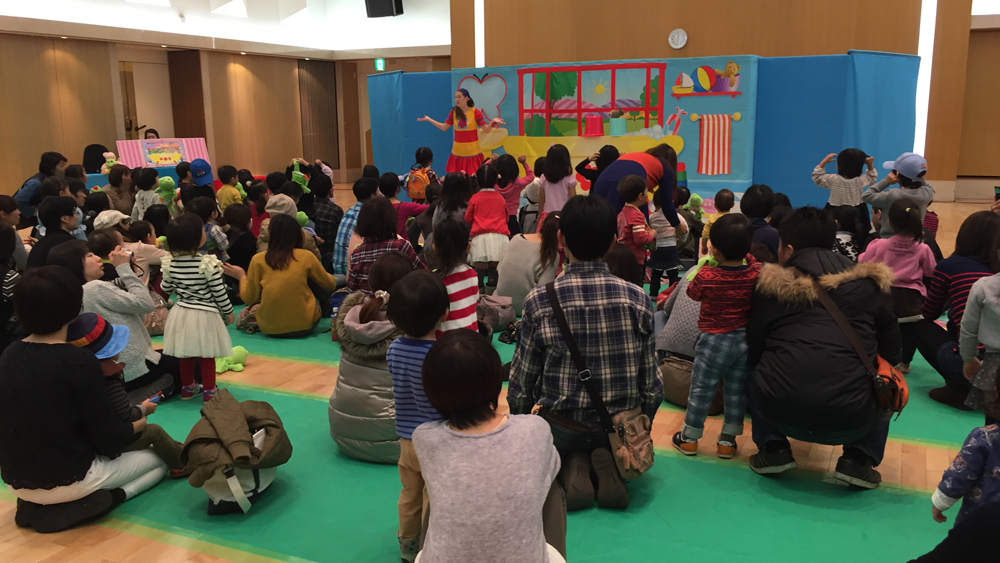
The Disney World English Method has a set of English books, DVDs, CDs and “talk along” cards that integrate pictures and audio to help children build their English vocabulary. According to the website, prices for the most recent version of the materials range from ¥159,000 to ¥838,000, and there is an added cost to become a member.
There are also options for users to sell materials that they decide they no longer want and to buy older versions of the material off someone else. Some users have also bought products on Amazon, eBay and Book Off, which helps to keep the costs down.
The program incorporates songs and games that parents are encouraged to play for their children (who are called “users”) from the time that they are born. Every weekend, DWE schedules three to five different shows in major cities throughout Japan. Tickets are only sold to members and cost ¥1,570 for the first adult, ¥790 for additional adults, ¥1,040 for the first child, and ¥520 for each additional child. Children under one are free.
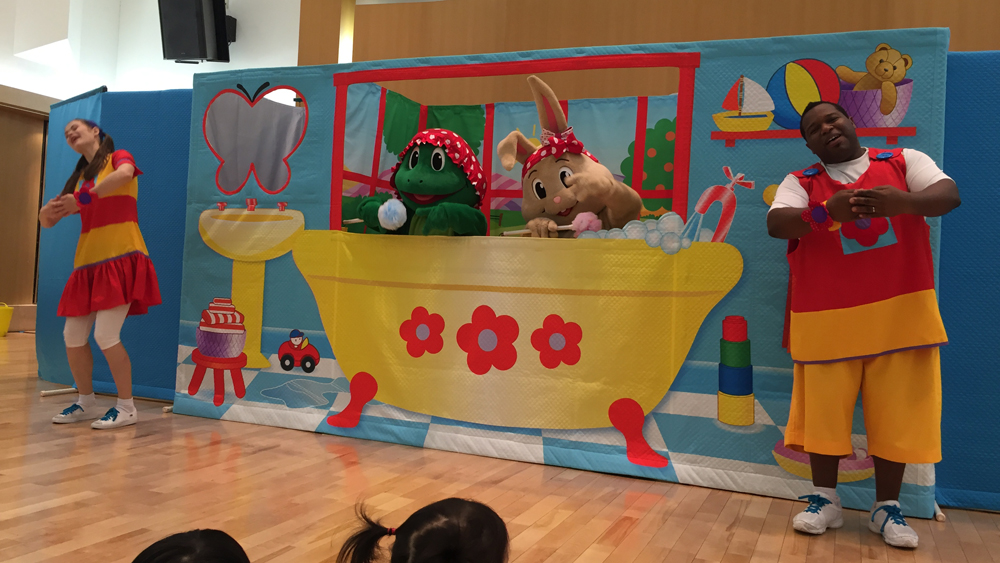
Japanese staff introduce the program, but the rest of the show is conducted entirely in English by native English performers, with the hope that users can become familiar with speaking and interacting in English outside their home.
There are also users who have graduated from the program and now work as bilingual staff members at the events, interacting with the children and their families. Families are encouraged to talk to the graduates to hear about their experience with the program. To learn more, you can also watch a sample show on YouTube.
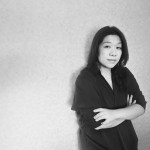

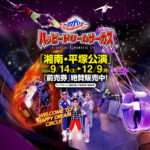


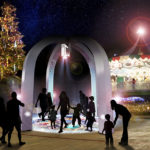






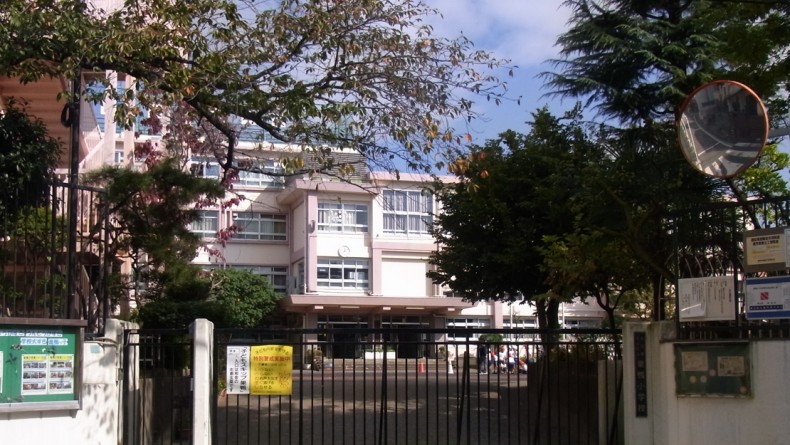
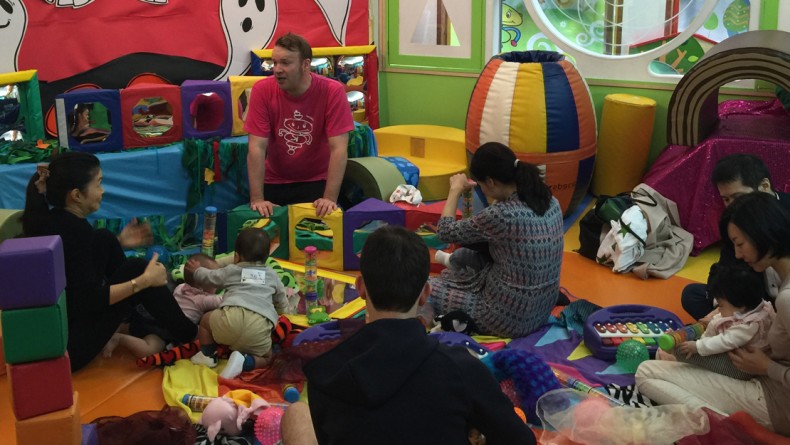
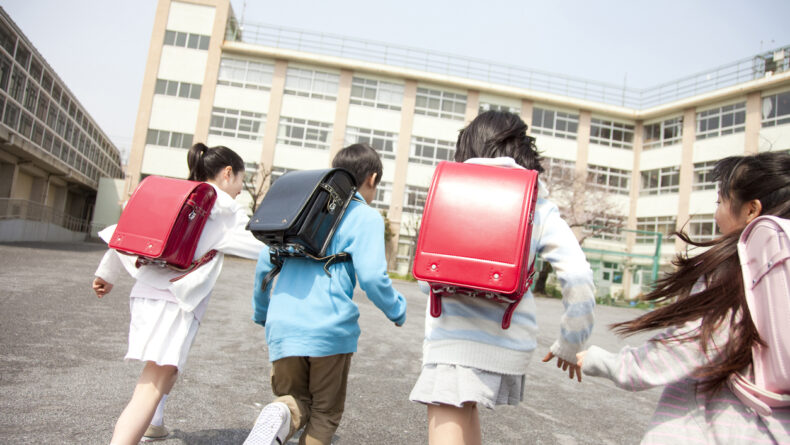
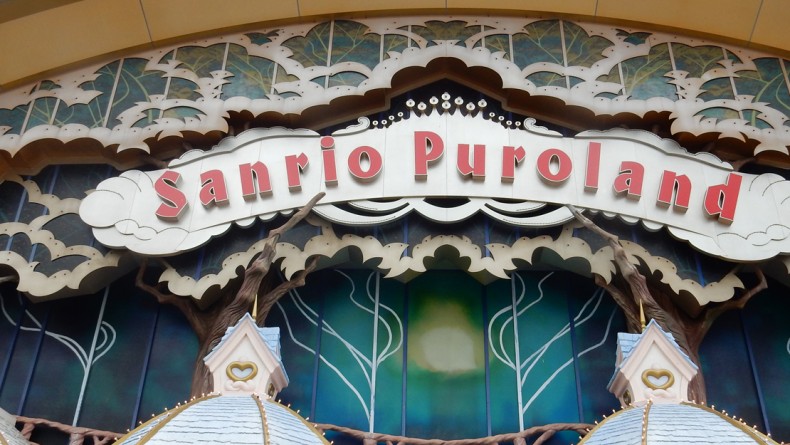
Leave a Reply